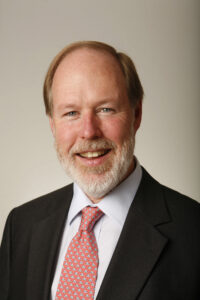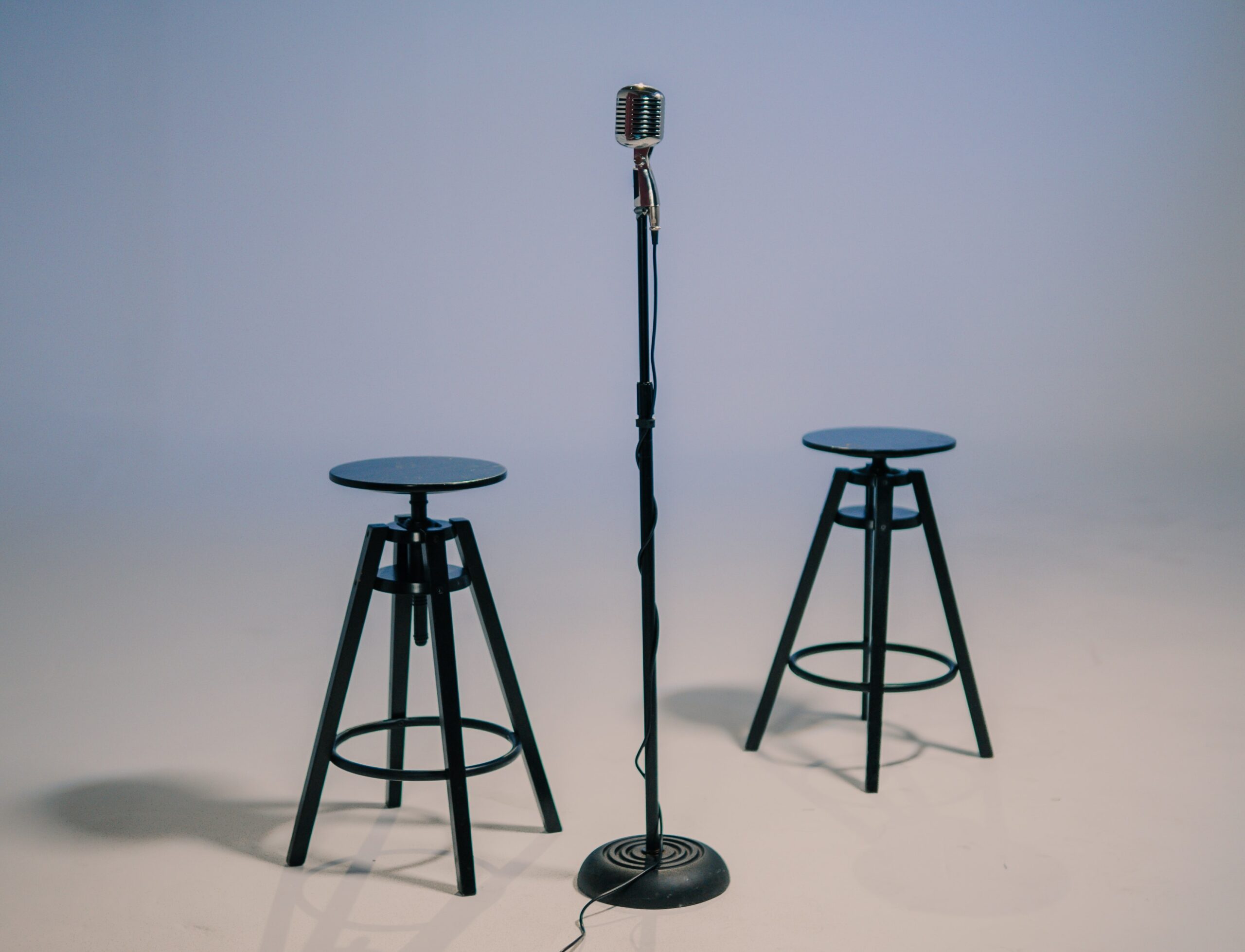Professor, Political Journalist Doyle McManus Discusses Role of Moderator in Presidential Debates
After the kickoff of the presidential debates last week, we sat down with Doyle McManus, director of the Journalism Program, a reporter for the Los Angeles Times, and a panelist in the 2000 and 2008 presidential debates to discuss the role of the moderator in the past and in coming weeks.

Washington, DC, portrait of Doyle McManus, LA Times Washington bureau chief
How do moderators help keep candidates on track for answering questions?
The main role of moderators is simply to run a television program, which means keeping everyone reasonably close to the time they are on the air. It’s a complex process as they have to listen to the response of each candidate as they are being dictated questions by an off-camera director.
The first bit of keeping on track is simply policing the time. For example, if they have said that each candidate gets three minutes for an opening statement, the moderator has to jump in when the time is up to ensure that they do not go over. Of course, all candidates will try to talk over the moderator at this point to gain more time. However, it is typically easier to do this for a two-person presidential debate than in a 12-person primary.
In terms of keeping them on topic, most of the time moderators want to keep the candidate on track, focused, and responsive to questions, but they also don’t want to seize the stage if the candidate chooses to respond to Topic A by talking about Topic B instead. For example, a candidate may choose to talk about the death rate in the pandemic by saying “well look at how good the economy is!” However, if a candidate absolutely doesn’t answer a question such as “Do you support moving the embassy in Israel from Tel Aviv to Jerusalem?” then it is sensible for the moderator to politely restate it so that voters who got lost will notice that the question was not answered.
The biggest takeaway is that viewers must remember that the moderator is a referee not a player. Their job is to be as minimal or invisible as possible, but the candidates don’t often make it possible.
What advice do you have for the moderators (Chris Wallace in last week’s debate, for example), to help steer the conversation in a way that helps voters hear about the issues in a clear way?
The core function of the moderator is to try and nudge the two candidates to talk about their priorities and opinions as clearly as possible so that the differences between the two of them and thereby the choice to voters becomes as clear as possible. The best way to do that is to discuss questions related to each candidate’s policy decisions. So for example in last week’s debate, Chris Wallace did not ask about Donald Trump’s tax returns. Instead, he let Joe Biden bring them up on his own.
Rarely is it the moderator’s job to challenge what the candidate is saying — that is the job of the other candidate.
What are some ways that moderators prepare to be able to fact check in real time should candidates veer off course from reality during the debate? Is that the moderator’s job or the other candidate’s job?
Inevitably the moderator will fact-check at some point and it will look like you are choosing a side when you do that as a moderator. We saw this with Candy Crowley in the debate between Barack Obama and Mitt Romney in 2012. Typically, it is better for the moderator to ask more leading questions. So for example, if after Candidate A has said something completely wrong, the moderator can say “how about that Candidate B?”
If the other candidate doesn’t pick up on it and it is a complete falsehood, then the moderator can go back to the original candidate and say “do I understand you to say the world is indeed flat?” but it is really not their job to do the correction.
How are moderators picked?
In the case of all debates, someone is proposed to moderate and both campaigns have to say yes. Members of the commission, which is bipartisan, will submit names and will debate which person or persons to choose in informal conversations ahead of time. Chris Wallace, Fox News Sunday anchor, moderated the first debate.
Everything in a debate setting beforehand is negotiated, even things like the size of the dressing rooms and distance from bathrooms, so that each candidate is on equal footing and no one has an advantage.
-by Shelby Roller (G’19)
